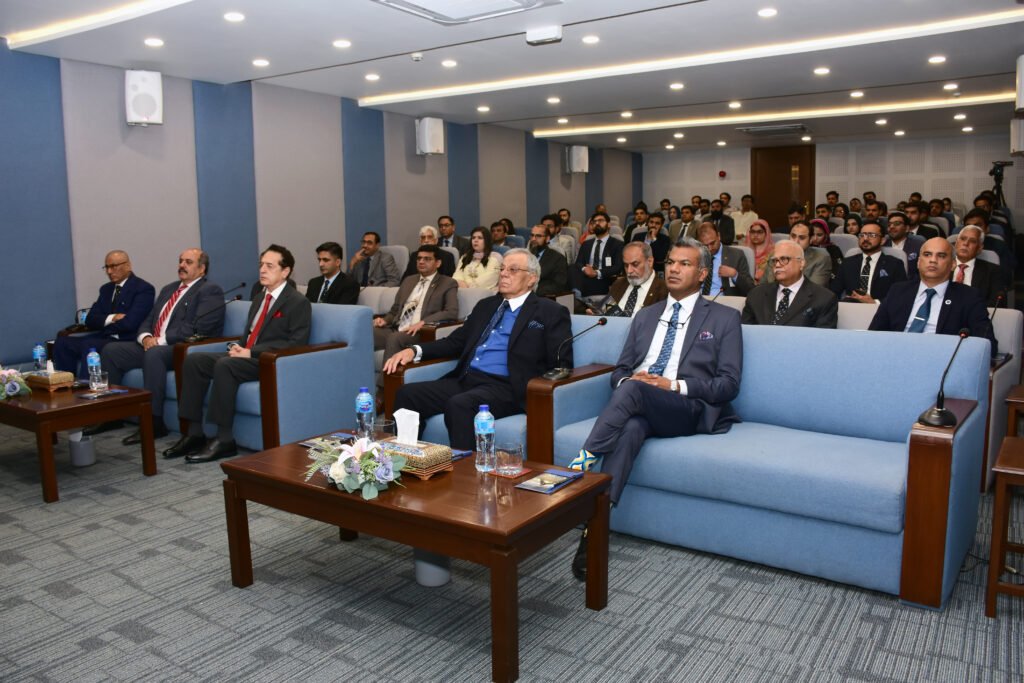
Seminar
Shadow Wars: Grey Zone Threats and Pakistan’s Security Dilemmas
About The Event
Pakistan’s security landscape is increasingly defined by the phenomenon of grey zone warfare, where adversaries exploit economic, political, and technological vulnerabilities to achieve strategic objectives while remaining below the threshold of conventional conflict. Operating in the ambiguous space between war and peace, these tactics blur traditional boundaries, complicate defensive strategies, and necessitate a proactive, multidimensional response.
A pivotal instrument in grey zone operations is economic coercion, wherein adversaries leverage trade dependencies, financial networks, and illicit economic activities to destabilise target economies. Pakistan has not been immune, grappling with targeted sanctions, capital market disruptions, and financial subversion through digital platforms. Furthermore, digital tokens and cryptocurrencies have exacerbated these vulnerabilities, facilitating illicit transactions, money laundering, and terror financing.
Closely intertwined with economic coercion is the weaponisation of disinformation and influence operations. These tactics, accelerated by digital media ecosystems, are strategically employed to manipulate public discourse, erode institutional credibility, and weaken national unity. Such operations disrupt decision-making processes, fostering internal instability and diminishing public trust in state institutions. In parallel, the technological dimension of grey zone warfare continues to expand, with cyber espionage, data breaches, and digital surveillance emerging as critical threats. Pakistan’s increasing dependence on digital infrastructure has heightened its susceptibility to cyberattacks, particularly in key sectors such as defence, finance, and energy.
Beyond non-kinetic strategies, grey zone warfare also encompasses kinetic and territorial dimensions. The use of proxy forces remains a persistent challenge, enabling adversaries to achieve strategic objectives indirectly. Groups such as the Balochistan Liberation Army (BLA) and Tehreek-e-Taliban Pakistan (TTP) have been instrumental in destabilising Pakistan’s internal security. Simultaneously, covert incursions and the militarisation of contested regions present enduring strategic risks, necessitating enhanced border security measures and a proactive regional defence posture.
Given the complexity of these challenges, Pakistan must adopt a forward-looking security posture that integrates defensive and offensive measures. A mission-led innovation model will be critical. This approach demands immediate countermeasures to mitigate present risks and long-term strategic adaptation to maintain an advantage in an evolving threat landscape.
Recognising the urgency of addressing these multifaceted threats, the seminar explored how Pakistan can remain strategically agile, resilient, and adaptive in an increasingly contested global security landscape.

Key Takeaways
- Conflicts without War
The absence of declared hostilities no longer ensures the absence of conflict. Grey zone warfare manifests through persistent, non-linear threats across information, financial, and perception domains.
- Shift from Conventional to Asymmetrical Warfare
Modern warfare has moved beyond traditional battlefields, focusing instead on irregular tactics, perception management, and covert operations by both state and non-state actors.
- Centrality of Economic Instruments
Economic coercion, including trade restrictions, financial isolation, and the manipulation of international aid, has become a primary tool in modern strategic competition, highlighting the growing importance of economic power in international relations.
- Information as the New Centre of Gravity
Influence and narrative control now outweigh kinetic force, with social media, AI-driven misinformation, and psychological operations shaping the outcome of conflicts.
- Strategic Destabilisation through Grey Zone Tactics
Grey zone tactics are designed to weaken a nation’s strategic position without direct military engagement. Disinformation campaigns, cyber intrusions, and economic pressure serve to destabilise internal coherence and erode external resilience.
- Winning without Fighting
The ability to exploit an adversary’s vulnerabilities without direct military confrontation is now essential. Resilience, adaptability, and proactive threat mitigation have become essential components of national security, requiring a shift from traditional military responses to comprehensive, non-kinetic strategies.
- Deterrence beyond the Battlefield
Effective grey zone deterrence requires more than military power—it demands economic resilience, strong cyber defences, and agile diplomatic strategies.
Policy Considerations
- Strategic Communication and National Unity
Pakistan must proactively shape its strategic communication to defend national sovereignty, employing nuanced counter-narratives and diplomatic storytelling to neutralise external influence and fortify internal cohesion.
- Investment in Emerging Technologies
To maintain a competitive advantage, Pakistan should prioritise investments in emerging technologies, such as AI-driven intelligence, cyber defence infrastructure, autonomous systems, and digital capabilities, ensuring agility and security in a technologically evolving landscape.
- Economic Sovereignty and Financial Autonomy
To safeguard against coercive economic tactics, Pakistan must diversify its trade partnerships, enhance financial independence, and implement rigorous regulatory frameworks to shield against external economic pressures, thereby ensuring long-term economic resilience.
- Intellectual and Epistemic Independence
Fostering intellectual autonomy is crucial for national security. By nurturing original thought and academic independence, Pakistan can reduce reliance on foreign policy influences and cultivate self-sufficient governance, rooted in indigenous knowledge and priorities.
- Comprehensive Defence Strategy Against Hybrid Threats
A redefined defence strategy is essential, integrating conventional military preparedness with cyber, informational, and societal resilience. This will enable Pakistan to effectively counter hybrid warfare and grey zone threats, ensuring a robust response across all domains.
- Strategic Narrative and Global Positioning
Pakistan must develop and project a cohesive strategic narrative that enhances its diplomatic, political, and military standing. Leveraging media and digital platforms will enable the country to assert its influence and strengthen its global reputation in a rapidly interconnected world.
- Multi-Domain Security and Deterrence Framework
Pakistan should develop an integrated, multi-domain security strategy, combining military, diplomatic, economic, and informational components. This will ensure a comprehensive national security framework capable of addressing multidimensional global threats.
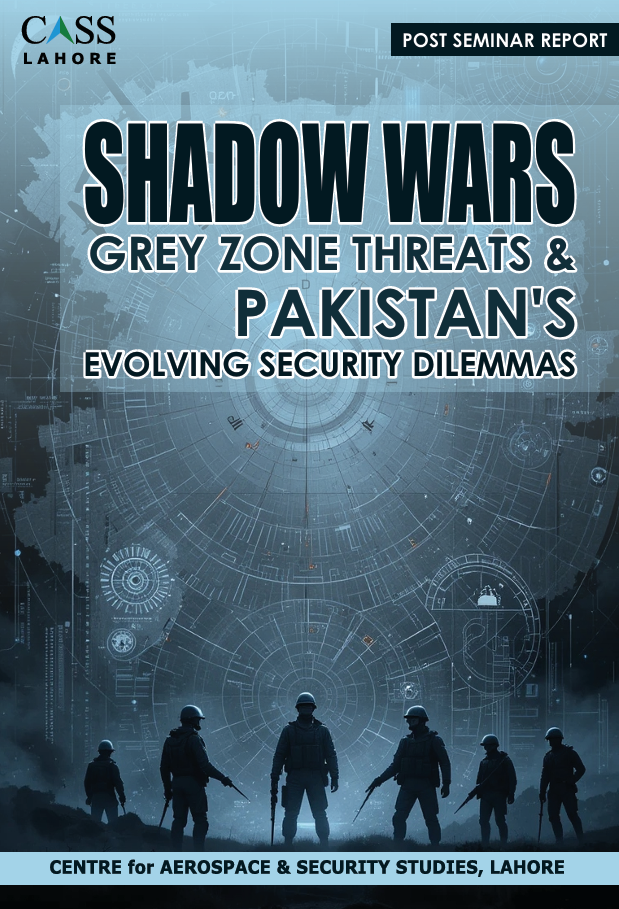
Post Event Report
A comprehensive report capturing expert analyses, strategic insights, key recommendations, media coverage, and event highlights.
Guest Speakers
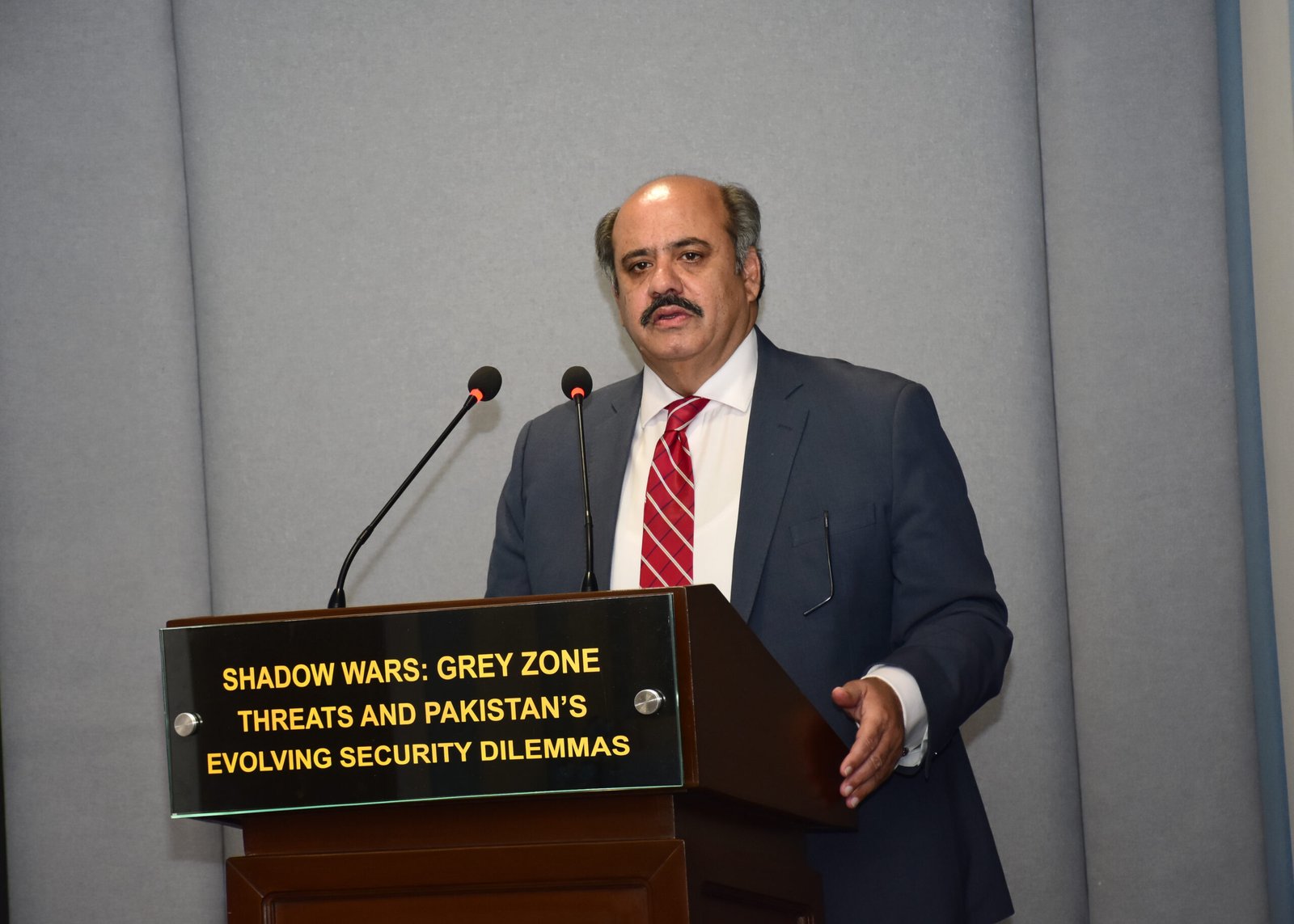
Dr Zafar Nawaz Jaspal
Professor and Dean, Quaid-i-Azam University
Dr Aneel Salman
Chair Economic Security, Institute of Policy Research Institute (IPRI)
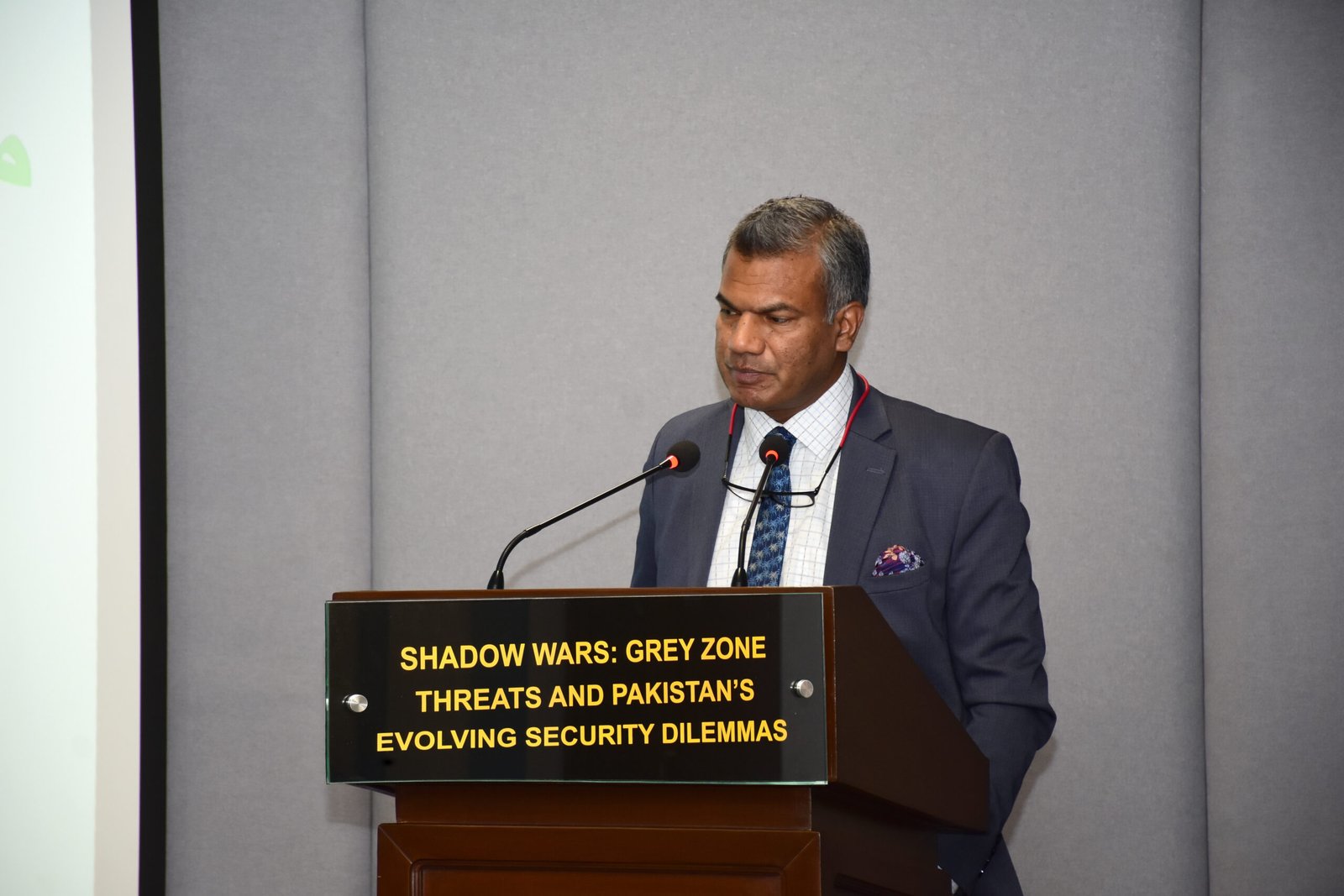
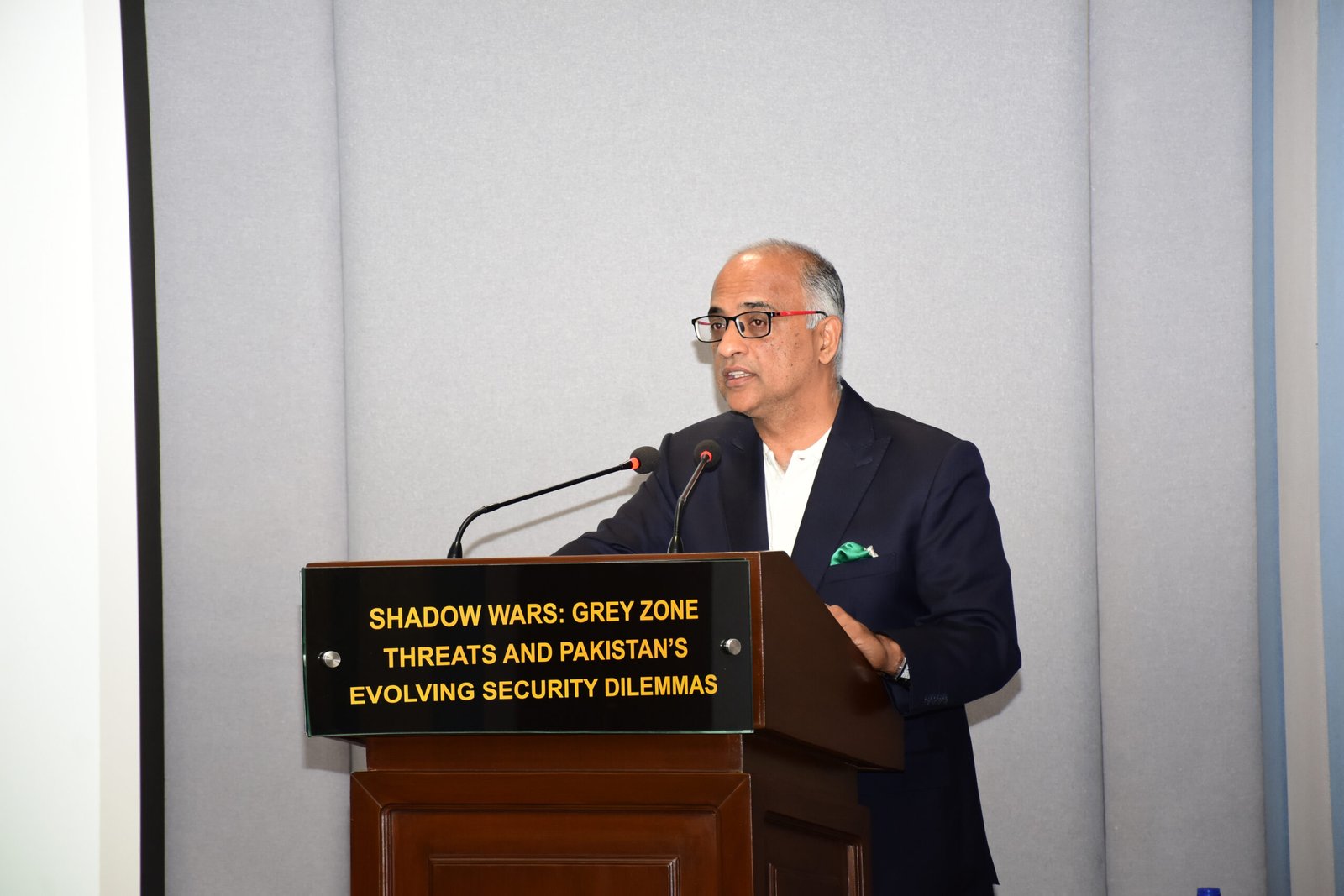
Mr Syed Muhammad Ali
Defence Analyst
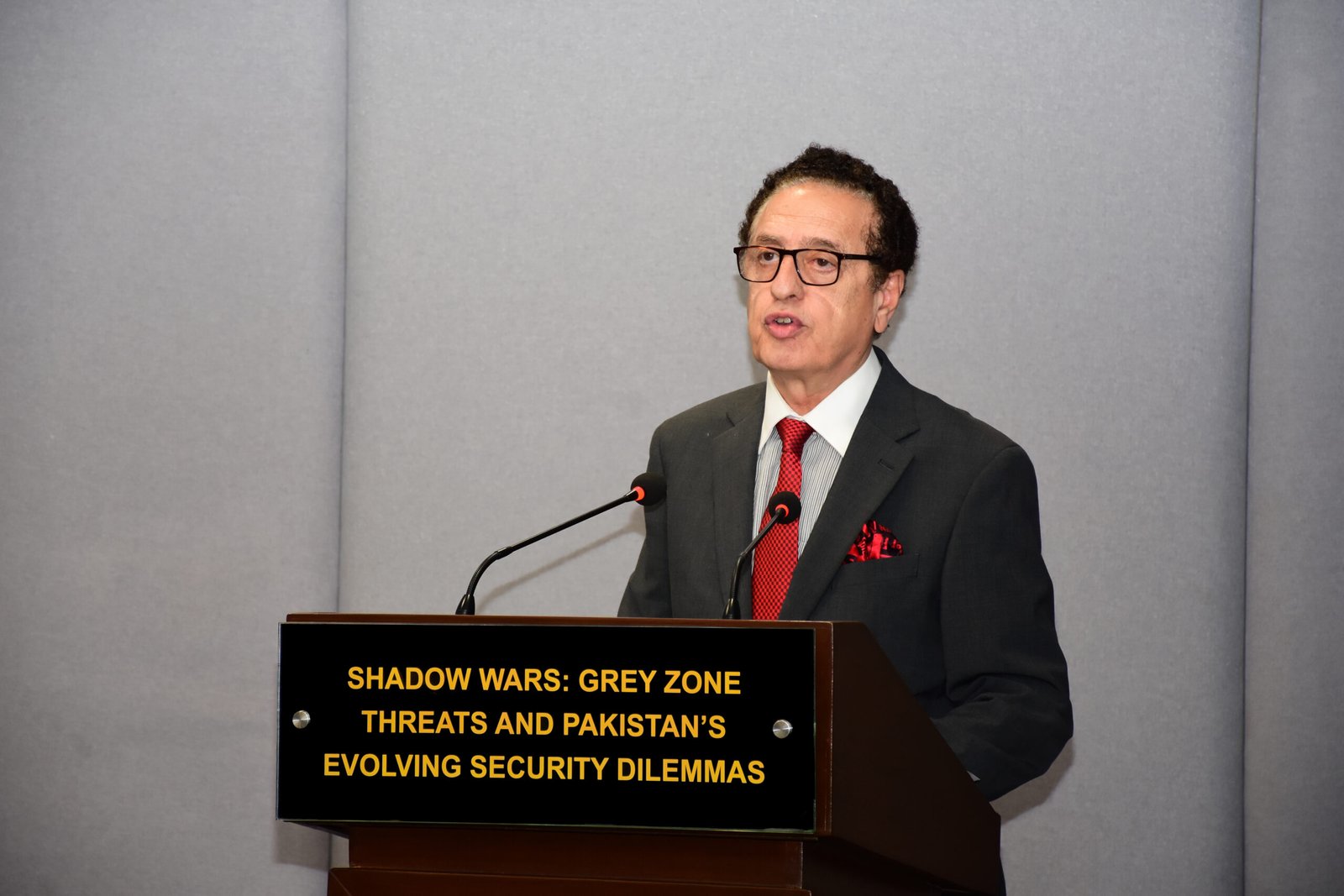
Event Chair
Air Marshal Asim Suleiman (Retd)
President CASS, Lahore

Event Coordinator
Dr Bilal Ghazanfar
Editor, CASS Lahore
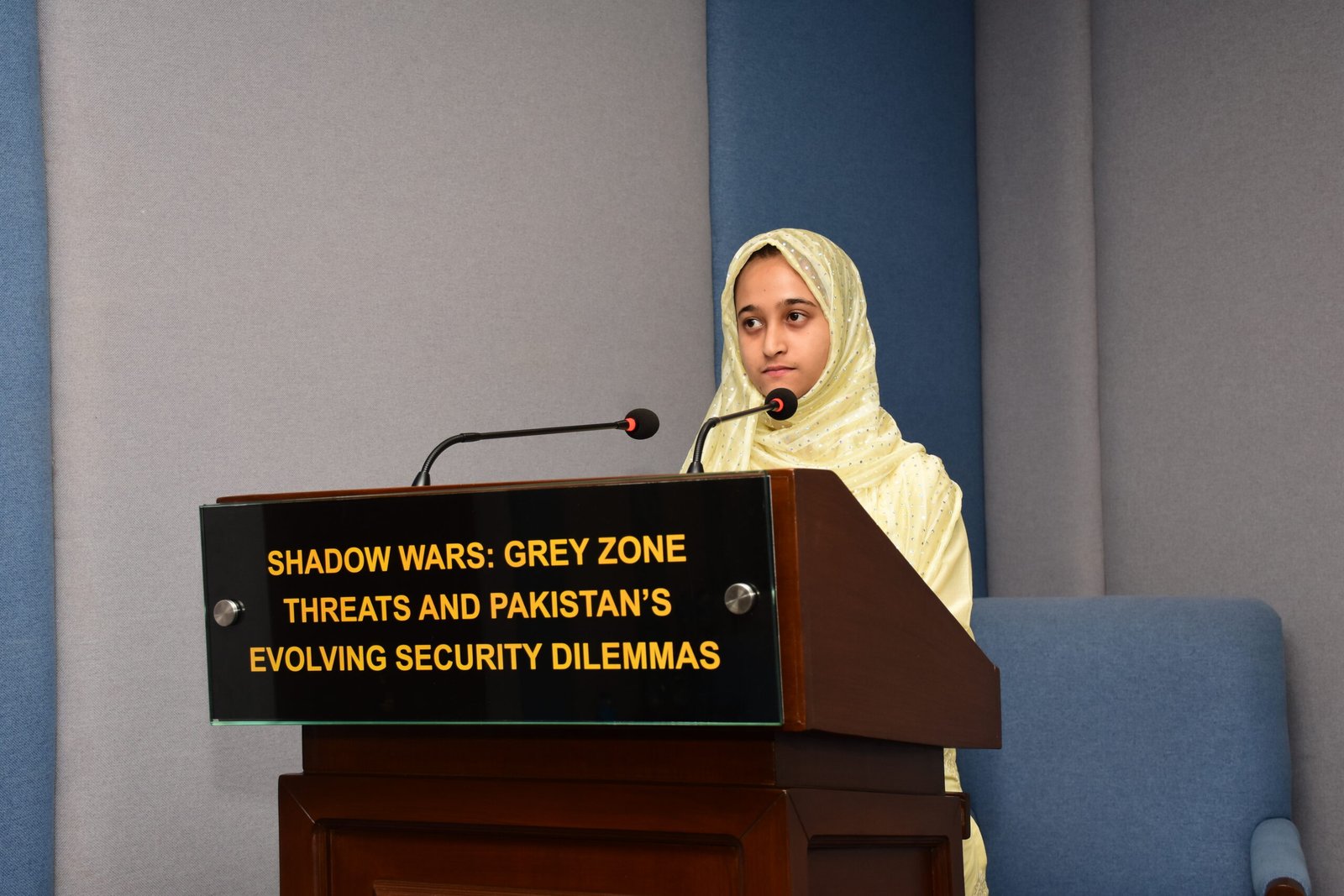
Master of The Ceremony
Arooba Younas
Research Assistant, CASS Lahore






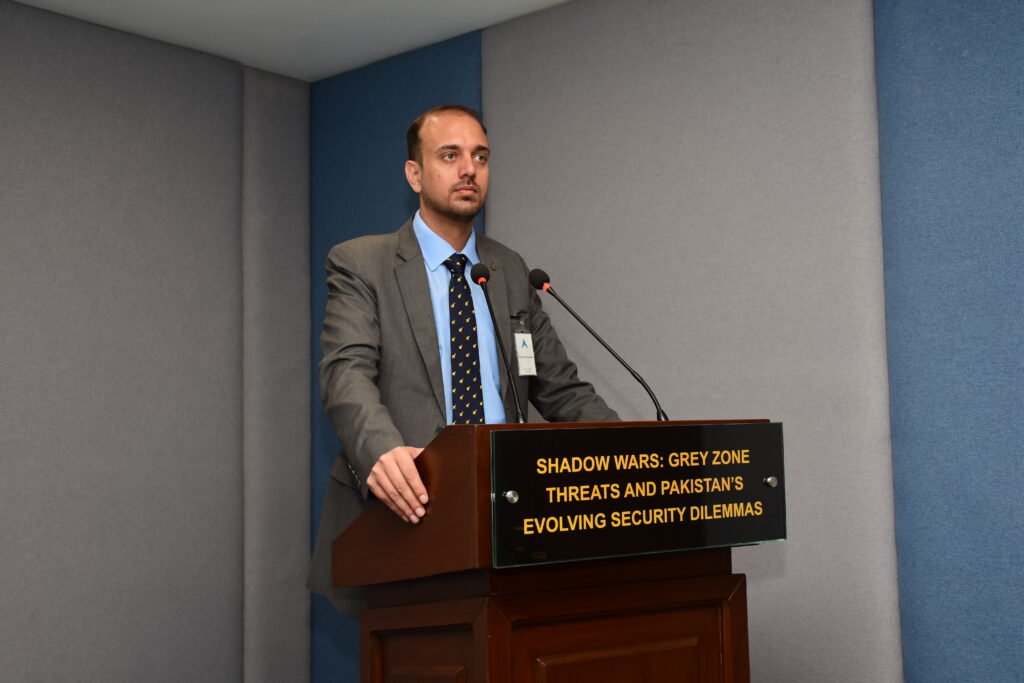

CASS LAhore

The Centre for Aerospace & Security Studies (CASS) was established in July 2021 to inform policymakers and the public about issues related to aerospace and security from an independent, non-partisan and future-centric analytical lens.
CASS Newsletter

@2025 – All Right Reserved with CASS Lahore.
- Home
- About Us
- Research Domains
- Publications
- Events
- Gallery
- Contact Us
@2021 - All Right Reserved. Designed and Developed by PenciDesign



